- To what extent do biological, cognitive and sociocultural factors influence abnormal behaviour?
- Evaluate psychological research (that is, theories and/or studies) relevant to the study of abnormal behaviour.
- Examine biomedical, individual and group approaches to treatment.
- Evaluate the use of biomedical, individual and group approaches to the treatment of one disorder.
Simply put, a placebo, as defined in IB Psychology, is a substance that has no therapeutic effect, and is used as a control in testing new drugs. However, that simple definition misses so much about the inner workings of the human mind. Placebo ares really, really strange beasts and they throw a whole lot of tricky questions at our knowledge and understanding of the human brain. See the must see video below.
WELCOME to the STRANGE world of the placebo
Kirsch et al. (2002) found that there was a publication bias in research into the effectiveness of SSRI in depression. In fact, if the results of all studies (including the ones that had not been published) were pooled together it would seem that the placebo effect accounted for 80% of the antidepressant response. A placebo is a substance that has no therapeutic effect, and is used as a control in testing new drugs. Of the studies funded by pharmaceutical companies, 57% failed to show a statistically significant difference between antidepressant and a neutral placebo. This and similar studies cast doubt on the serotonin hypothesis, not to mention the ethics of drug companies. However, it is still widely promoted by pharmaceutical companies and presumably believed by the 10% of Americans taking these SSRIs to treat depression.
Leauhter et al. (2002) examined changes in brain function during treatment with placebo. The study examined brain function in 51 patients with depression who either received placebo or an active antidepressant medication. An EEG was used to compare brain function in the two experimental groups. The design was double-blind and ran over none weeks. The study used two different SSRI, which were randomly allocated to participants.
Results showed a significant increase in activity in the prefrontal cortex nearly from in the beginning in the trial in the placebo group. The pattern was different from the patients who were treated with the SSRI but patients in both groups got better. This indicates that medication is effective, but placebo is just as effective. The findings from the study are intriguing. The difference in activity in the brain indicates that the brain is perhaps able to heal itself since there was a positive effect for both groups. Believing that they are being treated could be enough for many patients.
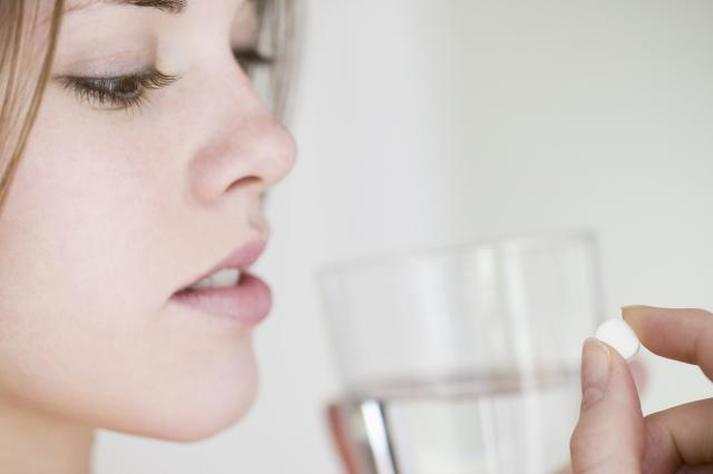
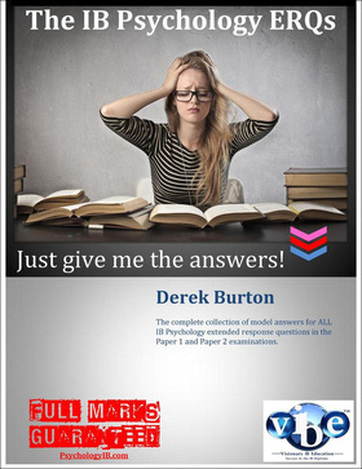

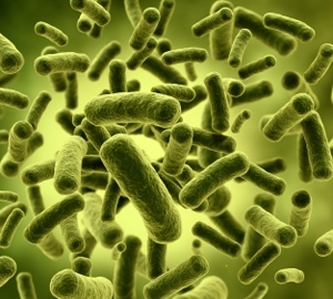
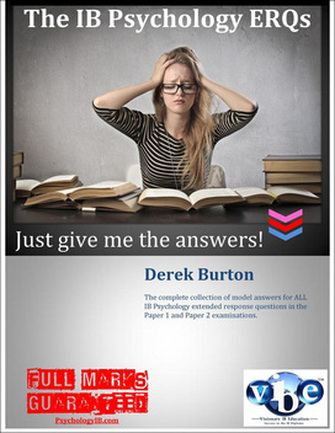
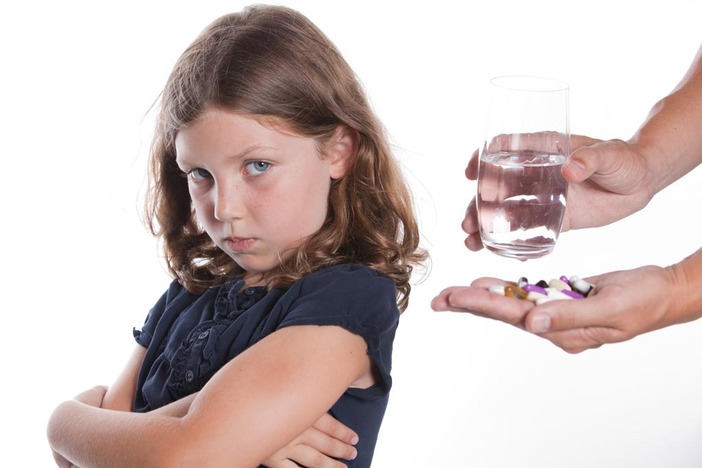
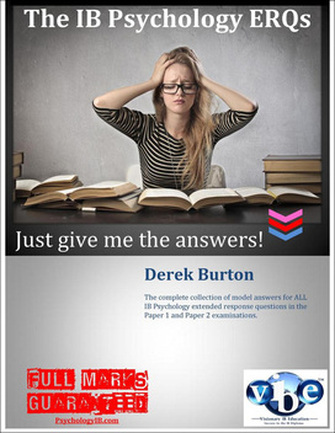
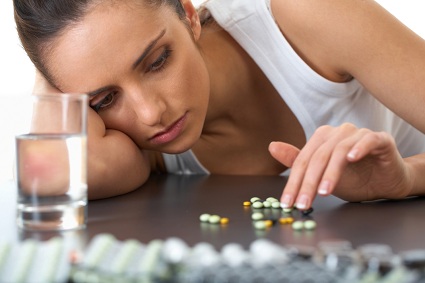
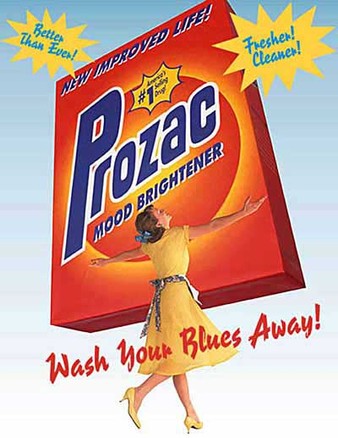
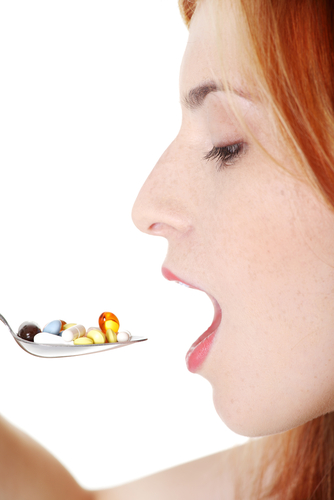
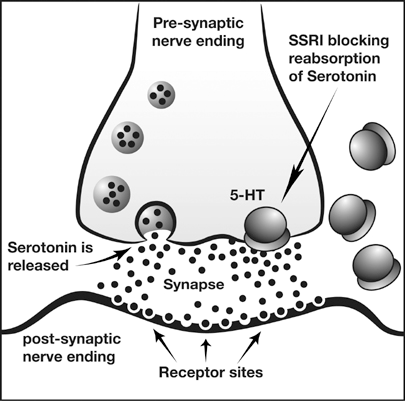
 RSS Feed
RSS Feed